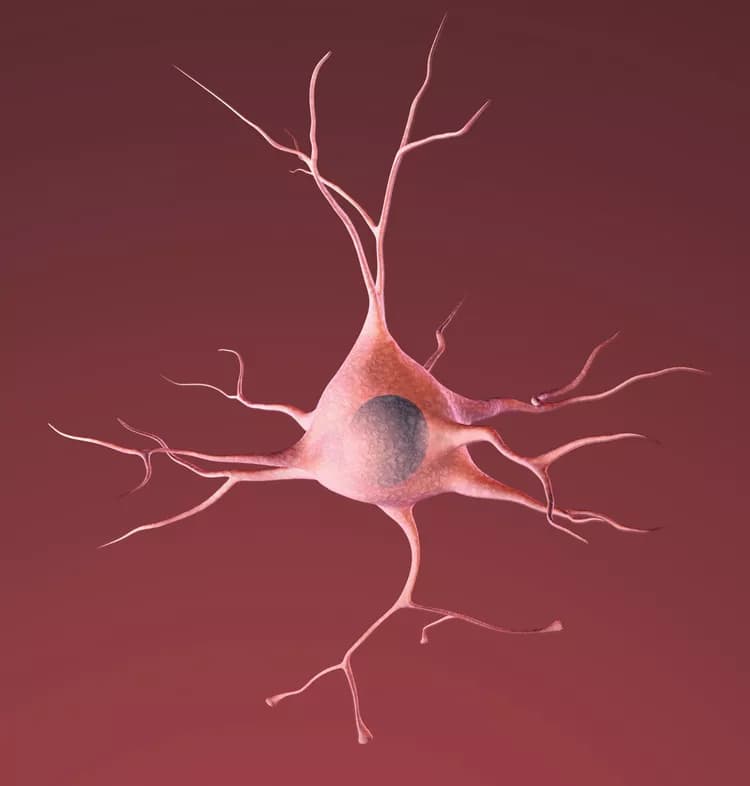
Roadmap For Biomarker Research On Alzheimer's Disease Should Lead To Better Results
Biomarkers could revolutionize the early detection of and therapy for Alzheimer's disease. However, experts attending the Congress of the European Academy of Neurology (EAN) in Copenhagen criticized that the big breakthroughs are slow in coming because of a lack of priorities in research. A roadmap should help to push along advances in this area.
Detecting Alzheimer's disease early on and fighting it with a therapy tailored to the patient would be the ideal strategy. The right biomarkers could contribute substantially to these efforts. Yet the biomarkers of Alzheimer's pathology currently being investigated and developed are at different stages of development. International experts have now drawn up a five-phase framework for biomarker development, which was unveiled at the Second Congress of the Europe Academy of Neurology (EAN) in Copenhagen. This new roadmap is meant to help guide researchers, funding agencies and policy makers in the health care sector. "We currently lack a coordinated approach in biomarker development at European and international level," Prof Giovanni Frisoni from the University of Geneva in Switzerland told the Congress. "Clear-cut research priorities could accelerate a great many things, for instance, authorization by regulatory agencies, reimbursement by payers, implementation in clinical practice, and ultimately the development of effective treatments."
Five phases on the road to new diagnosis and therapy options
To speed up progress in biomarker-based research, international experts have defined five sequential phases on the road to new diagnosis and therapy options:
- Preclinical exploratory studies
- Clinical assay development for clinical disease
- Prospective longitudinal repository studies
- Prospective diagnostic studies
- Disease control studies
The current maturity of biomarkers according to this framework was assessed in an extensive study. To this end, an analysis was made of available literature on neuropsychology, amyloid imaging, CSF A?-beta, the proteins tau and phospho-tau, FDG-PET, hippocampal atrophy, 123I-MIBG and 123I-Ioflupane SPECT.
According to the available validation studies, all relevant biomarkers have passed through the first process phase. The aims of phases 2 and 3 are addressed inconsistently by current literature. As regards prospective diagnostic studies, only preliminary evidence is available for some phase 4 aims for amyloid imaging, hippocampal atrophy, and FDG PET. The aims for phase 5 have not been satisfied in any case. Prof Frisoni: "This result shows us clearly the areas on which the scientific community must focus next in order to help Alzheimer patients better in the future."
The above post is reprinted from materials provided by European Academy of Neurology. Note: Materials may be edited for content and length.
Disclaimer: DoveMed is not responsible for the adapted accuracy of news releases posted to DoveMed by contributing universities and institutions.
Related Articles
Test Your Knowledge
Asked by users
Related Centers
Related Specialties
Related Physicians
Related Procedures
Related Resources
Join DoveHubs
and connect with fellow professionals

0 Comments
Please log in to post a comment.